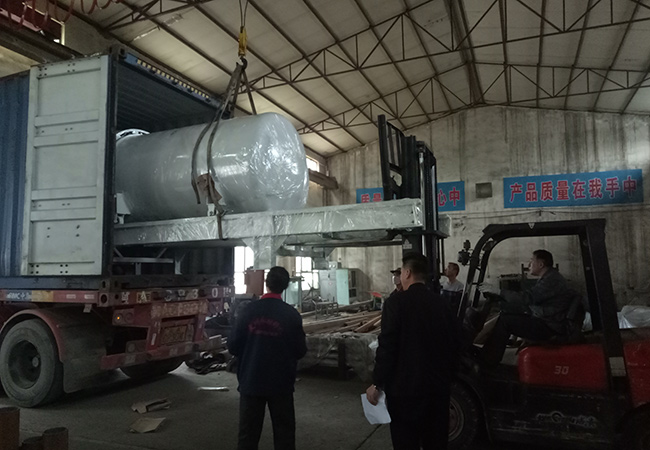Aug . 12, 2024 14:56 Back to list
Design and Construction of a Customized Grain Oil Refining Facility for Optimal Production Efficiency
Custom Grain Oil Refining Unit A Comprehensive Overview
The process of oil refining is a critical step in transforming crude oil into a usable product that meets consumer standards. Among the various types of oils, grain oils are gaining popularity due to their health benefits and culinary versatility. Custom grain oil refining units are specialized facilities designed to refine grain oils, such as corn oil, sunflower oil, and canola oil, tailored to meet specific market demands.
Understanding Grain Oil Refining
Grain oil refining involves several key processes, including degumming, neutralization, bleaching, and deodorization. Each of these steps plays a vital role in enhancing the oil's quality, eliminating impurities, and ensuring a long shelf life. The first step, degumming, removes phospholipids and other impurities, creating a clearer product. Following this, neutralization addresses free fatty acids, which can cause undesirable flavors and reduce shelf life.
Bleaching is the next critical stage, where adsorbent materials remove pigments and other colored substances, resulting in a lighter, more appealing oil. Finally, deodorization is employed to eliminate any remaining odors or flavors, ensuring that the refined oil is neutral and ready for culinary use.
The Role of Customization
What sets custom grain oil refining units apart from traditional refineries is their ability to customize the refining process according to specific customer requirements
. This customization can involve adjusting the refining parameters based on the type of grain oil being processed, the desired characteristics of the final product, and the target market.For instance, a manufacturer aiming to produce high-quality extra virgin sunflower oil may require a different refining process than a producer focused on creating a neutral cooking oil. Custom units can fine-tune elements such as temperature, pressure, and time, optimizing the process to achieve the desired flavor, aroma, and viscosity.
custom grain oil refining unit

Benefits of Custom Grain Oil Refining Units
1. Quality Control Custom refining units allow for stringent quality control measures. By tailoring the process, manufacturers can ensure that the final product meets the highest quality standards. This not only enhances consumer trust but also allows companies to differentiate their products in a competitive market.
2. Flexibility and Adaptability The dynamic nature of consumer preferences in the food industry requires manufacturers to be agile. Custom units can quickly adapt to produce limited edition or specialty oils, such as organic or non-GMO options, in response to market trends.
3. Cost Efficiency Despite the initial investment required for a custom refining unit, over time, these systems can lead to cost savings. Increased efficiency in the refining process and reduced waste can lower production costs, while the ability to produce a variety of oils can widen the profit margins.
4. Sustainability Many custom grain oil refining units are designed with sustainability in mind. Advanced technologies can minimize energy consumption and waste production, aligning with the growing demand for environmentally friendly production methods.
Conclusion
Custom grain oil refining units represent a significant advancement in the oil refining industry, allowing for tailored solutions that meet diverse consumer needs. The ability to customize refining processes not only ensures high-quality oils but also provides flexibility and sustainability in production. As the market for grain oils continues to grow, these specialized refining units will play a crucial role in catering to a health-conscious consumer base while promoting innovation in the culinary landscape. The future of grain oil refining is brighter than ever, reflecting a commitment to quality, adaptability, and environmental responsibility.
-
HP 120 Model Cold Oil Press - Hebei Huipin Machinery | Oil Extraction Machine, Flaxseed Oil Press
NewsAug.16,2025
-
HP 120 Cold Oil Press-Hebei Huipin|Efficient Extraction&Multi-Use
NewsAug.16,2025
-
HP 120 Cold Oil Press-Hebei Huipin|High-Efficiency Oil Extraction&Cold Press Technology
NewsAug.16,2025
-
HP 120 Model Cold Oil Press - Hebei Huipin Machinery | High Efficiency Oil Extraction Machine
NewsAug.16,2025
-
Food Oil Refined Machines: Quality & Efficient Oil Refining
NewsAug.16,2025
-
HP 120 Cold Oil Press - Hebei Huipin Machinery|Oil Extraction&Efficiency
NewsAug.15,2025
